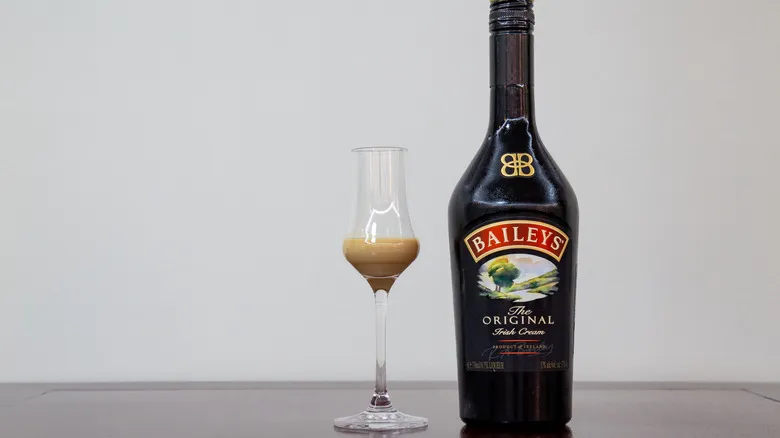Why the term smooth doesn't work for bourbon

Chuck Cowdery, an author and seasoned whiskey expert, remarked on Facebook, "'Smooth' is what you say about a whiskey when you don't have anything else to say." There are valid reasons why professionals have grown weary of this term. Connoisseurs often point out that smoothness is not a flavor. Similarly, terms like round, soft, velvety, or even spicy describe the drinking experience rather than the actual flavor profile. However, the main issue with the term "smooth" is the lack of a universal definition for it.
For many, smoothness signifies a lack of harshness or aggressiveness, meaning the bourbon doesn't overwhelm the senses. This perception can arise from various factors. A lower-proof or diluted bourbon may feel smooth due to its reduced alcohol content. Additionally, a well-aged, expertly blended bourbon can also be described as smooth—regardless of its proof—because a harmonious blend is typically enjoyable, and aging in oak softens the alcohol's bite, sometimes imparting a rich, chewy, full-bodied quality. Smoothness can even suggest that the bourbon has a sweet taste rather than a spicy one.
Critics of the term argue that smoothness may imply the whiskey is simplistic and one-dimensional, while they prefer depth and complexity with a range of flavors—including funkiness and richness. For them, smoothness equates to blandness, much like comparing classic white Wonder Bread to an artisan multi-grain loaf.
How to talk about bourbon like a pro

To clarify, however you choose to enjoy and describe your bourbon is perfectly valid. If someone suggests you shouldn't refer to your whiskey as smooth, that's simply their perspective. In fact, many websites and liquor stores promote "smooth" as a key selling point. However, since some attendees at a whiskey tasting might not appreciate the term, it’s beneficial to have a variety of other descriptors ready.
If the bourbon is easy to drink and lacks a burning sensation, consider using terms like round, polished, or velvety. The whiskey might have a substantial presence on the palate or showcase intricate flavors across the tongue. Understanding what smooth means to you is crucial. If you associate smoothness with lower proof (as opposed to harsh flavor notes), opt for 80 proof (40% ABV) spirits rather than cask strength bourbons. For gentler flavors, seek out "approachable" whiskeys that offer a clean and straightforward flavor profile.
Does smooth bourbon lean towards sweetness rather than spiciness? This is likely influenced by the bourbon-making process. You might enjoy a wheated bourbon, where wheat serves as the primary secondary grain instead of rye, often resulting in a touch of sweetness. When describing a delightful wheated whiskey, concentrate on its flavor profile. Do you detect notes of caramel, vanilla, chocolate, or bread? If "smooth" is the only term that comes to mind, feel free to simply say, "Wow, this is delicious," and inquire further about the characteristics of your new favorite pour.
Recommended

The Fascinating History Of The How The Bellini Cocktail Was Created

The Simple Cocktail That Pairs Perfectly With Whiskey

How Long Is Baileys Good For After It's Been Opened?

What's The Difference Between Brandy And Cognac?
Next up

